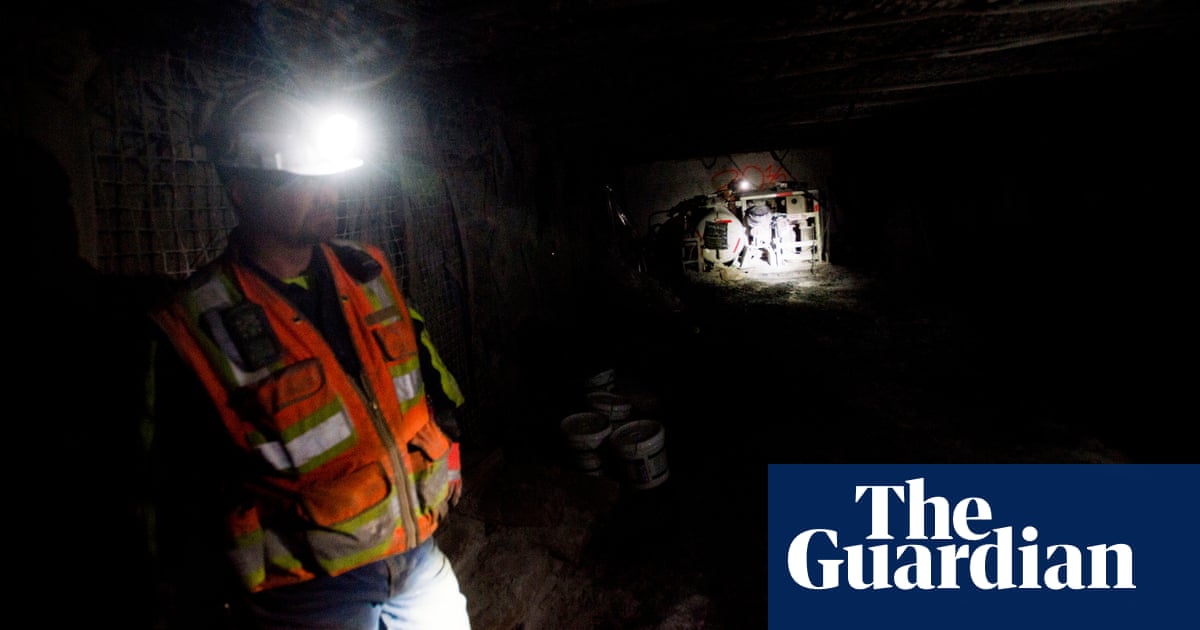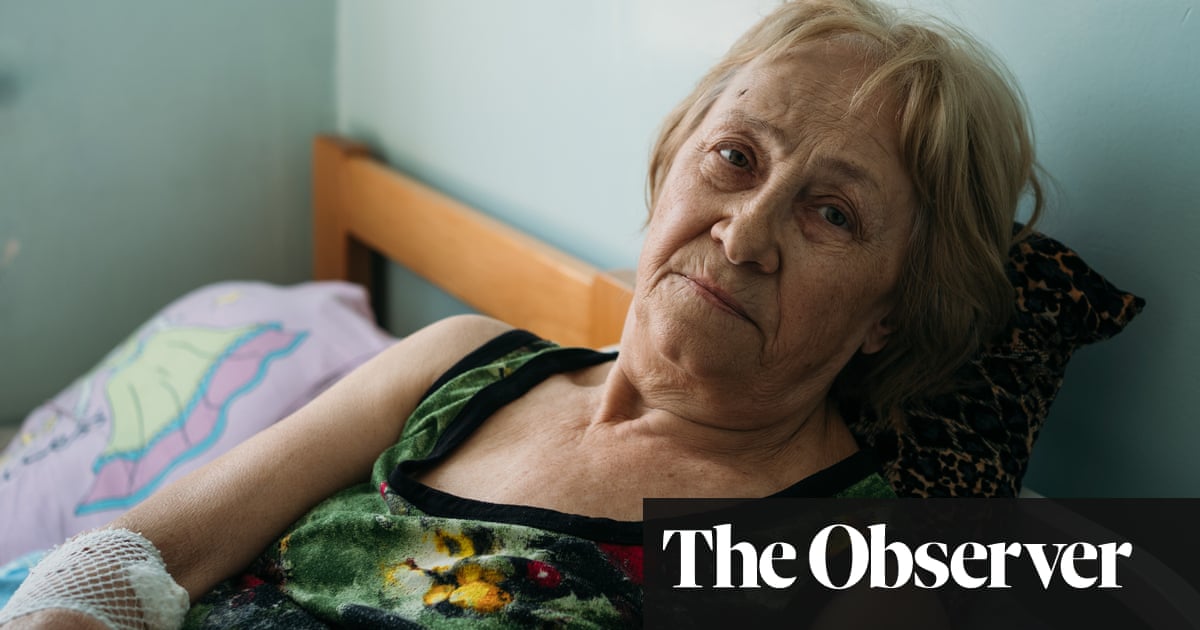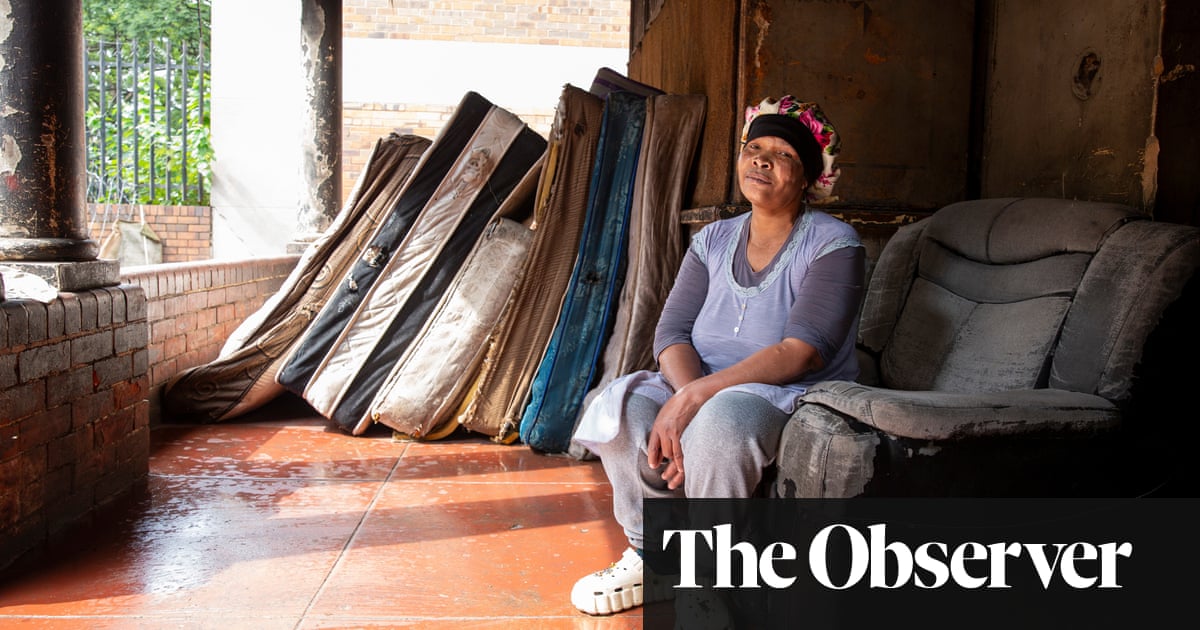Israel’s pattern of sustained attacks on Gaza’s hospitals and medical workers has brought the coastal strip’s healthcare system to the brink of “total collapse”, according to a report by the UN’s human rights office.
The report, which catalogues the besieging and targeting of hospitals and their immediate grounds with explosive weapons, the killing of hundreds of medical workers, and the destruction of critical life-saving equipment, said that in certain circumstances the attacks could “amount to war crimes”. Israel has consistently denied committing war crimes in Gaza.
The UN high commissioner for human rights, Volker Türk, said the report’s findings pointed to “blatant disregard for international humanitarian and human rights law”.
“As if the relentless bombing and the dire humanitarian situation in Gaza were not enough, the one sanctuary where Palestinians should have felt safe in fact became a death trap,” Türk said in a statement.
While the Israeli military has repeatedly sought to justify its attacks on Gaza’s hospitals, accusing armed groups including Hamas of using medical facilities as command posts, the UN human rights office (OHCHR) said the evidence provided by Israel to back up its assertions had been “vague”.
This week Israel ordered the closure of the Kamal Adwan hospital in northern Gaza, which has been attacked repeatedly in recent weeks, and detained its injured director, Dr Hussam Abu Safiya, who has reportedly been interned in the notorious Sde Teiman detention camp.
Israel’s campaign in Gaza, which has killed more than 45,500 Palestinians, was triggered by the Hamas attack on Israel on 7 October 2023, in which 1,200 Israelis were killed and 250 taken hostage.
Covering the period from 12 October 2023 to 30 June 2024, the rights office said: “The situation has deteriorated to a catastrophic level since October 2023, as this already damaged health system has been targeted, resulting in the killing of hundreds of health and medical professionals.
“The attacks on hospitals often followed a similar pattern, involving missile strikes on hospital buildings, the destruction of hospital facilities, shooting of civilians, sieges, as well as temporarily taking over hospital buildings.”
It added: “A fundamental rule of international humanitarian law is that the wounded and sick shall be collected and cared for. All wounded and sick persons, including civilians and persons hors de combat, are afforded protection. Furthermore, IHL [international humanitarian law] provides specific protections to medical personnel and medical units where the wounded and sick are cared for, including hospitals.”
It concluded: “The destruction of the healthcare system in Gaza, and the extent of killing of patients, staff and other civilians in these attacks, is a direct consequence of the disregard of international humanitarian and human rights law.”
Noting that about 80% of Gaza’s healthcare system had been destroyed, the report said this had led to preventable deaths, including of mothers, and to newborn babies being denied care.
Responding to claims that Israeli forces had directed sniper fire at hospitals, the report said: “Another feature of attacks on hospitals has been the apparent precision targeting, by long-barrel weapons, of people inside hospitals, including medical staff.
“In most cases it has been difficult to determine attribution, particularly where there were reports of armed clashes in the vicinity.”
The Israeli military did not immediately reply to a request for comment on the report. The UN said that, responding to its report, the Israeli government had said its military took extensive measures to mitigate civilian harm and minimise disruption, including the provision of aid and evacuation routes, and the setting up of field hospitals.
Israel has in the past few days conducted operations against hospitals in Gaza that drew criticism from the head of the World Health Organization.
The report said deliberately directing attacks against hospitals and places where the sick and wounded are would, provided they are not military objectives, be war crimes.
“In each operation on a hospital documented by OHCHR, after multiple strikes on structures in the vicinity, the Israeli military besieged the premises. The siege cut off access and isolated those inside, including patients, medical staff and IDPs [internally displaced people], while preventing the entry of medical supplies and other necessities of life, negatively impacting individuals’ rights to health and life,” the report said.
“The siege of Kamal Adwan hospital in north of Gaza and al-Amal hospital in south of Gaza are two of six emblematic cases monitored and documented by OHCHR.”
“If any of the strikes on at least 27 hospitals and 12 other medical facilities, totalling 136 strikes between 7 October 2023 and 30 June 2024, were deliberately targeting civilians including doctors, nurses and medics not taking a direct part in hostilities, or civilian objects not being used to commit acts harmful to the enemy, rather than military objectives, these would amount to war crimes,” the report concluded.
Israel has consistently rejected such claims from multiple organisations, including human rights groups.
The report was released as Gaza health authorities said 45 patients and wounded people, accompanied by more than 100 relatives, were evacuated to receive treatment in the United Arab Emirates.

 3 months ago
50
3 months ago
50













































